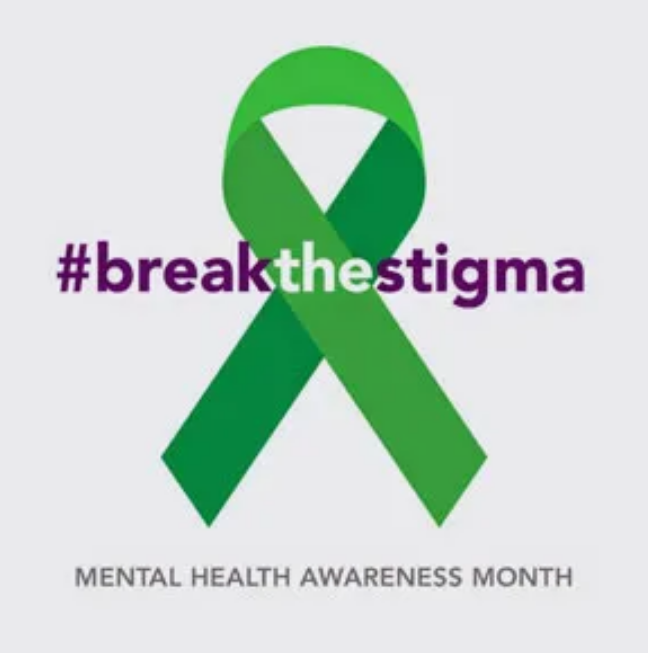By Elle Ryan, BS, Mental Health Counseling Intern
May is Mental Health Awareness Month. Let’s discuss the stigma surrounding mental health in America. Mental health stigma refers to negative attitudes and lack of understanding about mental health conditions and treatment. Living with a mental health disorder is very similar to living with a chronic medical illness; however, people who don’t know that can make harmful assumptions and judgments. Ignorance and misinformation about mental health often results in avoidance, rejection, infantilization, stereotyping and other forms of discrimination against people with mental health conditions. Stigma is even more difficult for people of color, who already face prejudice and discrimination in society. These stressors can lead to unhealthy coping mechanisms, which may create new problems or exacerbate their existing health issues.
Stigmatization of mental health can be categorized into three different subsets, public stigma, self-stigma, and institutional stigma.
● Public stigma consists of stereotypes held by the general population, such as: The myth that people are responsible for creating their own mental health problems The stereotype that people with mental disorders are violent or dangerous Discrimination, such as denying someone housing or turning away someone for a job based on their mental health history● Self-stigma occurs when someone with a mental illness internalizes the negative attitudes of society. This can cause the person to: Believe they are unworthy Experience feelings of isolation Feel misunderstood and unheard Delay or refuse to ask for help, receive health care, participate in the community or apply for housing● Institutional stigma is systemic, originating from corporations, governments, religious institutions and other organizations. Institutions may intentionally or unintentionally limit opportunities for people with mental health conditions by: Denying funding for mental illness research Providing fewer mental health services relative to other health care Permitting the spread of misinformation about mental health Promoting negative attitudes and perceptions about those living with mental health conditions.
Mental health stigma directly affects people with mental health conditions, ranging from the way in which they are treated to the way they feel about themselves. Nevertheless, people with mental health conditions deserve the same rights and opportunities as everyone else, and should not be treated differently than people with physical health conditions.
If you’re living with a mental health issue, don’t be afraid to ask for help. Contact us today at 540-315-1445. We look forward to connecting with you!

